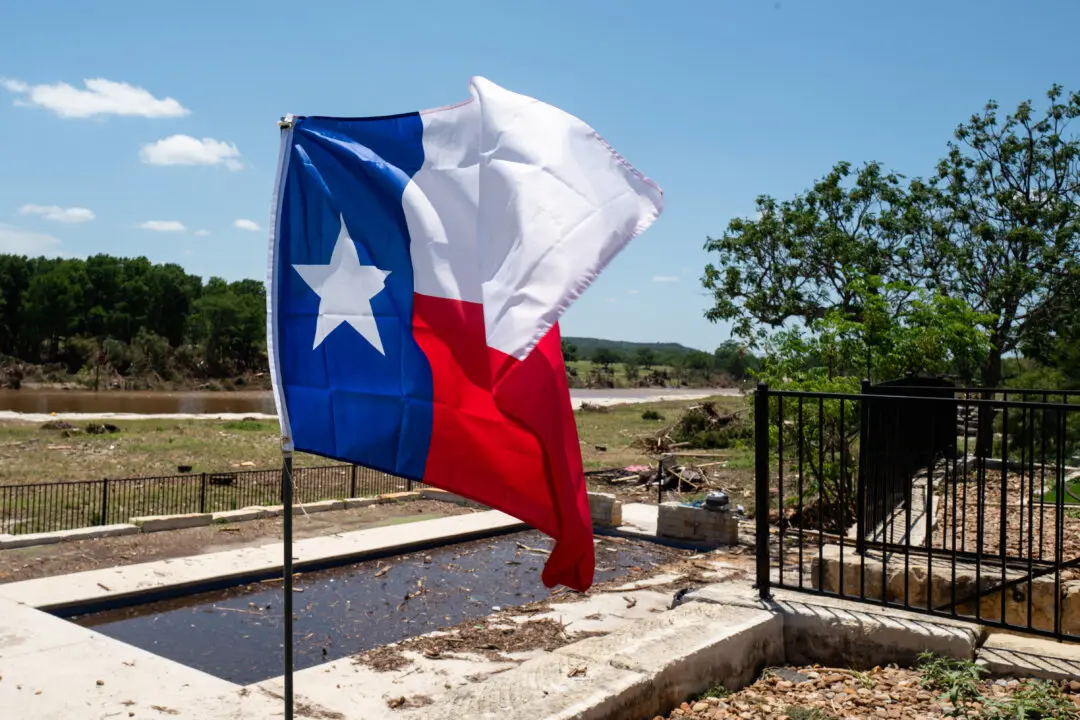Mark Krikorian, executive director of the Center for Immigration Studies, has studied immigration-related issues for decades.
He sat down with The Epoch Times at the National Conservatism Conference in Orlando, Florida, shortly before delivering his speech, “Mass Immigration vs. Modern Society,” at the event.





